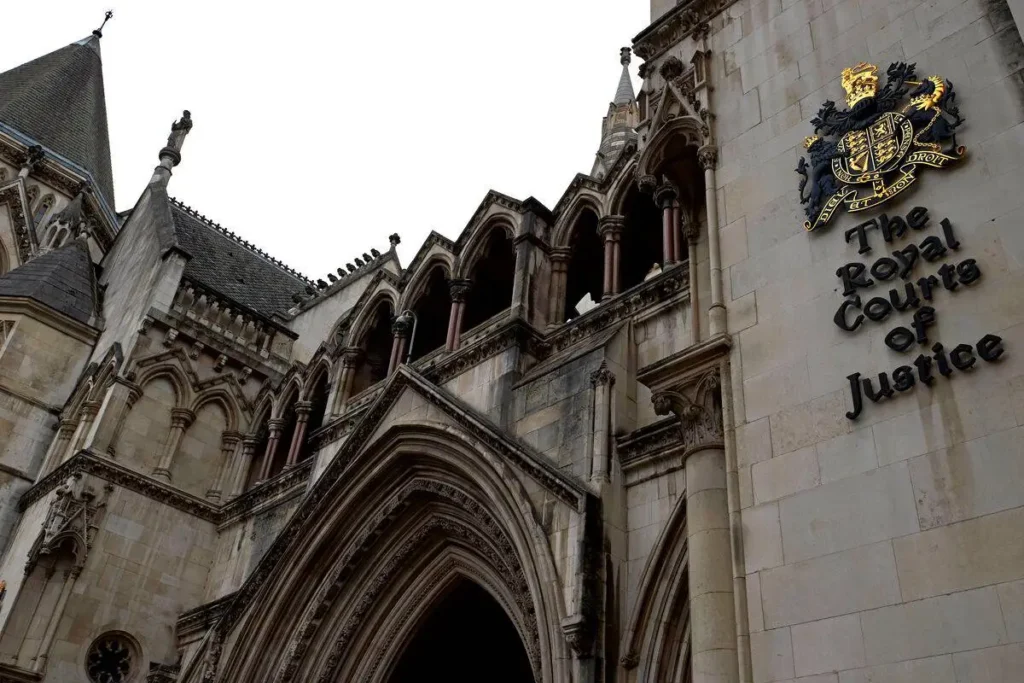The British government facilitated millions of pounds of payments to senior Saudi Arabian officials over decades to win and maintain lucrative contracts, lawyers representing a former civil servant accused of corruption said on Monday, Reuters reports.
Jeffrey Cook, the former managing director of an Airbus subsidiary, GPT Special Project Management, is accused of paying nearly 9.7 million pounds ($12.2 million) to middlemen to win contracts with the Saudi Arabian National Guard.
Cook, formerly a civil servant with Britain’s Ministry of Defence (MoD), is charged with one count of corruption between 2007 and 2012, alongside John Mason.
Both men deny the charges and Cook’s lawyer, Tom Allen, told jurors at Southwark Crown Court that payments were made to middlemen from the late 1970s
Prosecutor, Mark Heywood, said last week that Cook and Mason were at the heart of “deep corruption” to funnel bribes to top Saudi officials, including Prince Miteb Bin Abdullah, son of the late King Abdullah.
Allen said, on Monday, that there was no dispute that nearly 9.7 million pounds was paid, but Cook did not act corruptly.
He told the Court that senior British officials, politicians and diplomats knew and consented to such payments, totalling nearly 60 million pounds from 1978, which a former ambassador to Saudi Arabia had described as a “deniable fiddle”.
The case focuses on GPT, the sole business of which was to provide communications systems to the Saudi Arabian National Guard under a contract with Britain’s MoD.
Allen told the jury that the key issue in the trial was “who dances – and how – to the Saudi tune”.
He added that “Britain tries never to upset the Saudis because there is so much at stake”, including the importance of the two countries’ political and diplomatic relationship.
The payments were expressly required by the Saudi Arabian National Guard (SANG), Allen said, paraphrasing the Saudi position as being: “If you want to do business with us, the SANG, in our country, then you need to pay.”
Mason’s lawyer, Graham Brodie, said the MoD approved the payments because it was “in the financial interests and, perhaps more importantly to the government, it was in the strategic interests of the UK”.
The trial, which is due to conclude next year, continues.
Source : MEMO


